Get the latest recap of JSE news in the Ghost Wrap podcast, brought to you by Mazars:
African Rainbow Capital managed an 8.5% uptick in INAV per share (JSE: AIL)
The focus is increasingly on the high growth assets
African Rainbow Capital Investments released results for the year ended June 2024. The key metric is intrinsic net asset value (INAV) per share, which increased 8.5% over 12 months. Total INAV was up 21.5%, but this included an equity injection, hence the difference to the per-share growth rate.
8.5% certainly isn’t setting anyone’s hair on fire, yet there are some great underlying assets like TymeBank that achieved breakeven in December 2023 and is en route to sustained profitability. They recognised a fair value gain of nearly R1.2 billion on that asset. Rain is the other one that gets a lot of attention, with R2.5 billion in EBITDA and fair value gains of just under R600 million.
High growth businesses now contribute 54% of the portfolio. In the more traditional financial services side of things, they are focused on synergies achieved through integrating businesses that have been acquired, or collaborations between existing businesses.
Kropz remains a challenge though, requiring an addition R602 million in support in this period. Compared to the investments in this period in the far more exciting businesses like Rain and Tyme of R126 million and R169 million respectively, is that a case of throwing good money after bad?
Despite achieving just 8.5% growth in INAV per share, the performance participation hurdle for management was met and a provision of R154 million was raised. I would also love to earn a performance fee for achieving growth that is lower than what government bonds offered in the past 12 months. If you can believe it, this is the restructured performance fee system that makes it harder to earn fees than before!
Finbond deepens its exposure to North American (JSE: FGL)
The stake in Americash and CreditBox.com is being taken to over 90%
Finbond has announced that its American subsidiary will be increasing the stake in Americash Holding and CreditBox.com through the acquisition of a further 27.78% interest. This will take the total holding to 90.57%.
These US businesses operate through 18 branches and an online offering in South Carolina, Wisconsin and Missouri. They offer instalment loans up to $2,500. The business has faced some tricky regulatory changes in recent years, with Finbond noting a “proven ability to steer through regulatory changes” as being part of the investment case!
Finbond will pay just over R29 million for the equity, which tells you that 100% of the business has been valued at just over R100 million. The net asset value is $28.6 million and net profit before tax is $4.55 million (R508 million and R81 million respectively), so it seems like Finbond is getting this tranche for a steal!
A disappointing auction result at Gemfields (JSE: GML)
At some point, the economic headwinds had to hit Gemfields as well
It’s felt for a while now like the diamond industry was bearing all the brunt of the economic challenges across the globe caused by high interest rates. Although the lab-grown diamond phenomenon is a highly relevant part of that story, it didn’t seem likely that Gemfields could entirely avoid the troubles.
Indeed, they couldn’t, with the latest auction of commercial-quality rough emeralds yielding disappointing results. Aside from the economic factors, they faced the challenge of a competing emerald producer having an auction at the same time and at lower prices, with Gemfields suggesting that the prices weren’t fair or sustainable. This led Gemfields to withdraw certain lots from the auction, with only 61% of lots offered for sale actually being sold.
Although one must be careful in comparing auction results due to differing quality in the underlying lots offered for sale, the price per carat of $4.47/carat is slightly better than $4.45/carat seen at the auction in March this year. In both cases, they are way down on the levels of over $7/carat achieved in 2023, or over $9/carat in 2022.
Now we know what the plan is at Kibo Energy (JSE: KBO)
After some to-and-fro with changes to management, the reasons for that are now clear
Kibo Energy’s SENS announcements might become a little more interesting going forward. Admittedly, that isn’t difficult when what we’ve been used it is a flurry of announcements about every little thing that Mast Energy Developments gets up to on a monthly basis.
The news is that there’s a reverse takeover on our hands, which means a group of assets will be injected into Kibo as a listed shell. Although Kibo isn’t actually a shell, the existing assets are pretty close to worthless, so it may as well be one.
ESGTI AG, a Swiss registered company, is the counterparty to this deal that will see the Kibo listed vehicle acquiring a portfolio of renewable energy projects across Europe and Africa – 36 development projects in all, spanning 15 countries. The assets are worth €400 million. Kibo is worth just R61 million (and possibly less – it trades at R0.01 per share so it might be lower if the share price could mathematically decrease), so existing shareholders will be diluted way down to nothingness. In fact, a share consolidation of 1 share for every 5,000 shares held is part of this deal.
There will also be a raising of €30 million, arranged by ESGTI at its own cost through the appointment of placing agents to get out their little black books and phone institutional investors.
A renewables group is no place for legacy coal assets, with the Kibo Mining (Cyprus) Limited subsidiary needing to be sold as a condition precedent to this transaction. In addition to the coal stuff, it also has the waste-to-energy and biofuel projects, so it’s rather interesting that those weren’t of interest to the new partner. The 19.52% stake in Mast Energy Developments won’t be part of the disposal, so ESGTI is clearly interested in MED at least.
The reverse takeover rules mean that there will be extensive disclosure around the assets coming into Kibo. It’s a quicker process than a brand new listing, but not by much.
Life Healthcare released a capital markets day presentation focusing on Life Molecular Imaging (JSE: LHC)
If you wanted to know more about that investment, here’s your chance
Life Healthcare is about more than just the hospital down the road. A big part of the investment case is the Life Molecular Imaging (LMI) business, which brings significant international exposure and three revenue streams.
Their flagship product is an Alzheimer’s Disease opportunity related to the diagnosis of the disease. There have been some major recent developments that will boost the business, like Medicare Administrative Contractors in the US now reimbursing patients for the diagnostic scan. The business is well positioned for growth in profits from here on out, with the worst of the fixed costs having been incurred already.
If you want to dig into the story in detail, you’ll find the presentation here.
Metrofile has suffered a significant drop in earnings (JSE: MFL)
I’ve always struggled to understand the bull case here
Metrofile is one of those companies that always seems to have someone telling the world that it’s a great investment at a cheap price. Over three years, the share price is down 30%. Over five years, it’s flat. “Cheap” can always get cheaper.
The problem is that the main offering of the business strikes me as a race to zero at best or a sunset industry at worst. Physical document storage isn’t high on anyone’s list of exciting services to offer. Although they also offer digital storage solutions, this very much strikes me as the disaster that faced media houses when going from newspaper into digital only. The economics are different and a cost base that was created for one model may not translate well into another.
Even where they can find growth, the relative lack of moat and differentiation means that margins are likely to come under pressure. This is exactly what is happening in the business in the Middle East, where operating profit tanked by 90% despite revenue increasing 21%.
Looking at the group numbers, revenue growth of just 1% for the year ended June 2024 means that my sunset industry thesis is alive and well. Operating profit fell 22% and HEPS was down 49%. Normalised HEPS was down 38% and the dividend per share was 22% lower. Pick your poison in terms of which percentage to focus on – they all suck.
Highlights? Cash generated from operations increased by 12%, leading to a 9% decrease in net debt (excluding lease liabilities). Alas, net finance costs were 17% higher due to higher interest rates.
If you’re happy to work with the normalised HEPS number of 20 cents, then a share price of R2.16 at time of writing looks anything but cheap.
Oceana has given an update for the 11 months to 25 August (JSE: OCE)
As is always the case in a diversified seafood group, the fish aren’t biting everywhere
Oceana had a fantastic interim period, with the dividend jumping by 50% year-on-year. Even in that period, there were challenges in areas like the Wild Caught Seafood segment. The company has now released an 11-month update to the market and it looks like performance has taken a knock in the latter part of the year.
Starting with the Canned Food and Fishmeal (Africa) segment, Lucky Star saw volumes decline 2% for the period. This was off a base of record volumes, so keep that in mind. The first half was impacted by a decline in production due to the decision to close the West Coast plants earlier than usual for factory upgrades. The second half saw a major recovery in production, with inventory closing at similar levels to the comparative period. Africa fishmeal and fish oil sales volumes fell 16%. Decent pricing of fishmeal and fish oil helped offset some of the decrease.
The Fishmeal and Fish Oil (USA) segment, which is the Daybrook business, enjoyed better volumes and record prices in the fish oil business, plus the benefit of a weaker rand when translating the results. It sounds like this segment was the highlight of the period. On the fishmeal side, volumes and prices were down on the comparative period. They are also dealing with pressure on catch volumes due to weather in the Gulf, with higher fish oil yields helping to mitigate some of the impact.
In Wild Caught Seafood, horse mackerel sales volumes in South Africa were down 84% due to a major mechanical failure on the key boat. In Namibia, they also struggled with the horse mackerel business, with volumes down and operating costs moving much higher. At least hake saw a significant increase in volumes, with better catch rates and improved pricing to add to that story. Finally, the squid part of this segment had higher volumes but lower sales prices.
After a massive increase in HEPS in the first half, the lack of a trading statement here suggests that the full year result won’t be nearly as strong. This isn’t to say that a trading statement won’t still come. It just seems like this was a good opportunity to tell the market that HEPS will still be at least 20% higher than the comparable period.
Fishing is basically an impossible industry to forecast with any accuracy.
Spear REIT part-funds the Emira portfolio acquisition with an issue of shares (JSE: SEA)
The issue price represents a negligible discount
Spear REIT has managed to raise just under R458 million in new equity through a vendor consideration placement. The issue price is R9.10 per share, which is a 1% discount to the 30-day VWAP.
The proceeds will partially settle the R1.15 billion purchase price for the substantial portfolio being acquired from Emira Property Fund. They expect this deal to close during October 2024, well ahead of the initial expectation of December 2024.
After the deal and this equity placement, the loan-to-value ratio is expected to be between 33% and 34%.
Nibbles:
- Director dealings:
- Aside from the usual sales of shares to cover tax obligations, various directors of Shoprite (JSE: SHP) and subsidiaries sold shares to the value of around R30 million. The cash is raining down from the skies in that place, which is what happens when a company outperforms!
- A prescribed officer of Sibanye-Stillwater (JSE: SSW) bought shares through the US structure worth just over R1 million.
- NEPI Rockcastle (JSE: NRP) is considering an acquisition of a shopping centre in Poland. The centre is found in Wroclaw, the third largest city in Poland by population. If the deal goes ahead, it will be a category 2 transactions, which means details will be released to the market but shareholders won’t be asked to vote. They hope to execute formal written agreements in the next few weeks, thereby triggering the disclosure.
- Sasol (JSE: SOL) announced that Muriel Dube has been appointed chairman of the board, with her previous role being as lead independent director. Dr Martina Flöel is the new lead independent director.

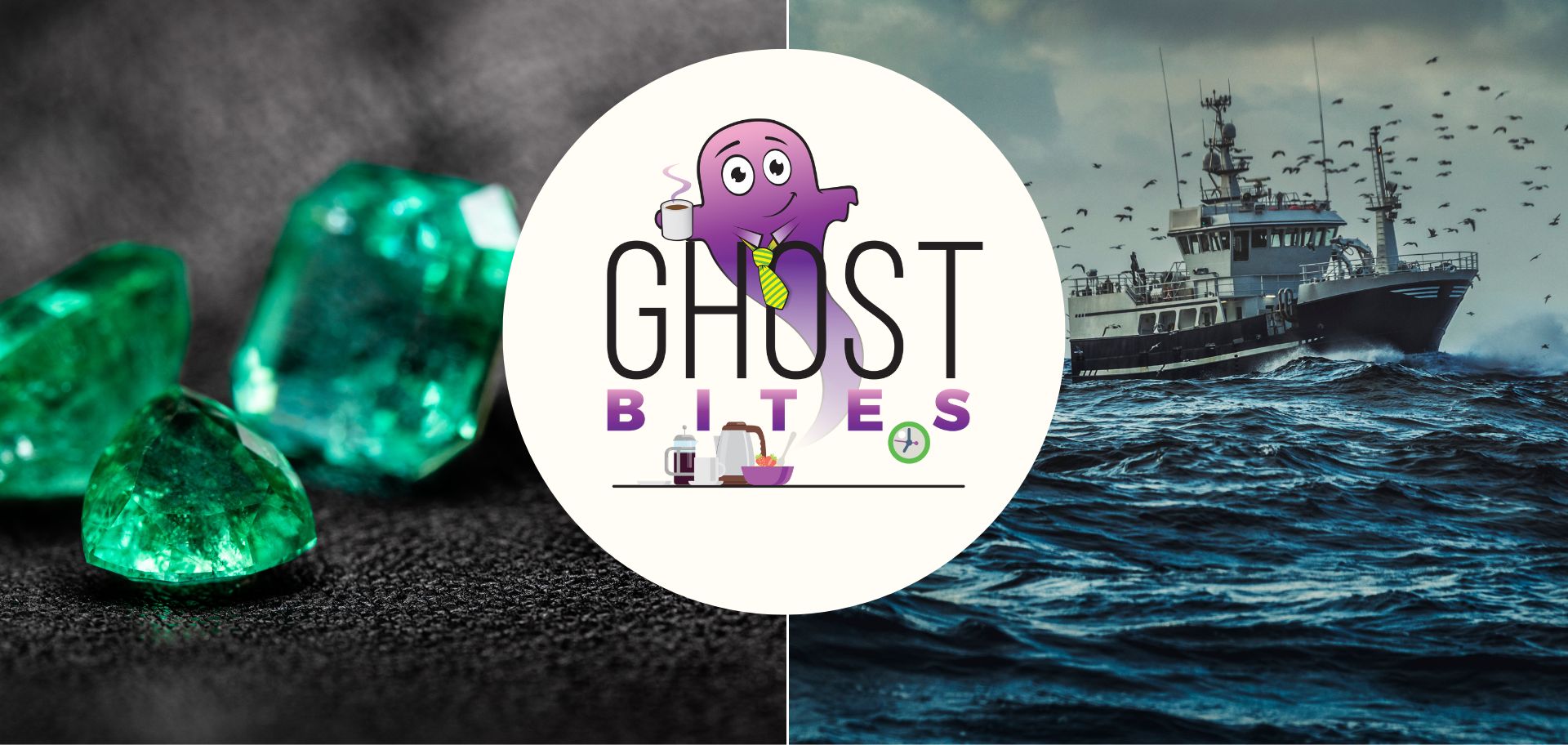

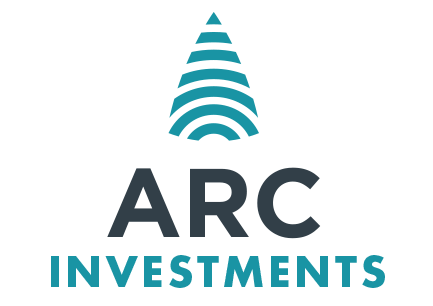
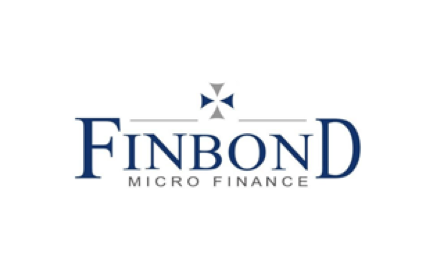
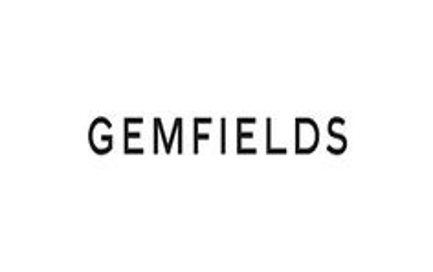
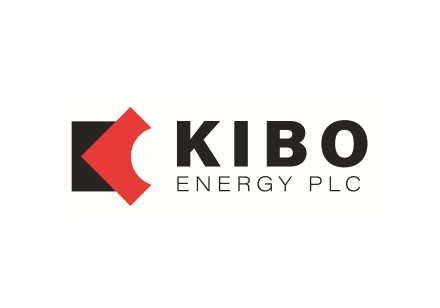
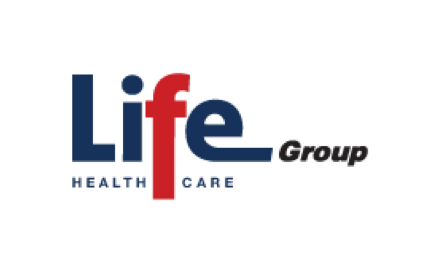
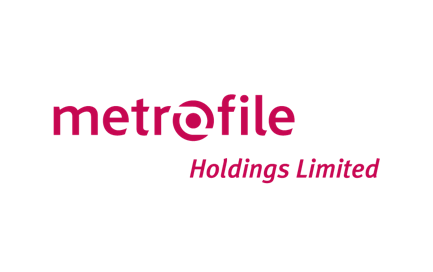
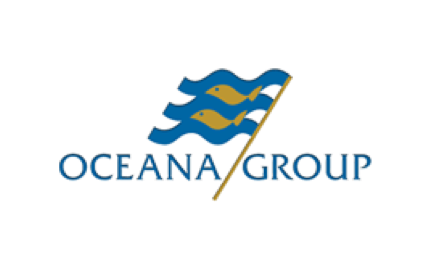
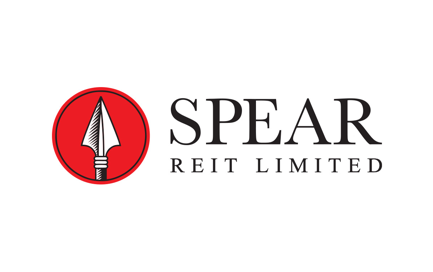
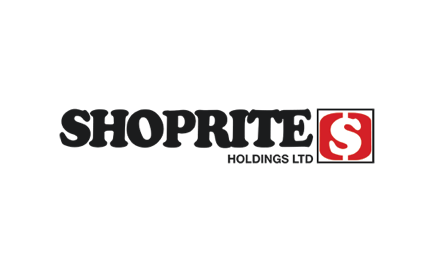
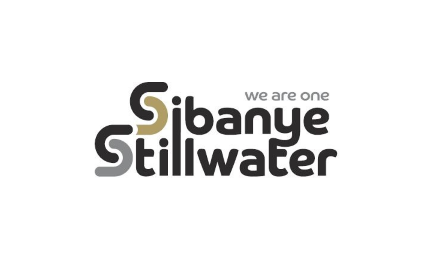



Just for the record , Finbond was R5,00 once upon a time. The doubling from a 90% wipeout is hardly an achievement
Can it be taken for granted that the Kibo Energy RTO will be result in good returns for current share holders, or is it just down hill from here for the share price?
Hard to go downhill from R0.01 sadly! It quite literally can’t get worse.